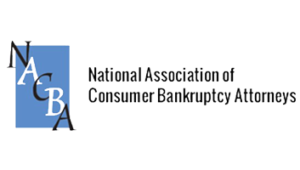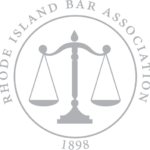Debt Settlement Plans: Part II
Debt settlement plans fail because they require unrealistic repayment terms. Contact a Rhode Island bankruptcy lawyer to understand all of your debt-relief options.
Rhode Island Bankruptcy Law: Myths vs Reality
RI bankruptcy laws protect property and restore order to financial chaos. Ignore myths and debt settlement scams and consult a qualified RI bankruptcy lawyer.
RI Bankruptcy Filing: Can’t I Just Keep One Credit Card?
RI Chapter 7 bankruptcy filers must list everyone they owe money to, including all credit cards with a balance and friends or family members.




